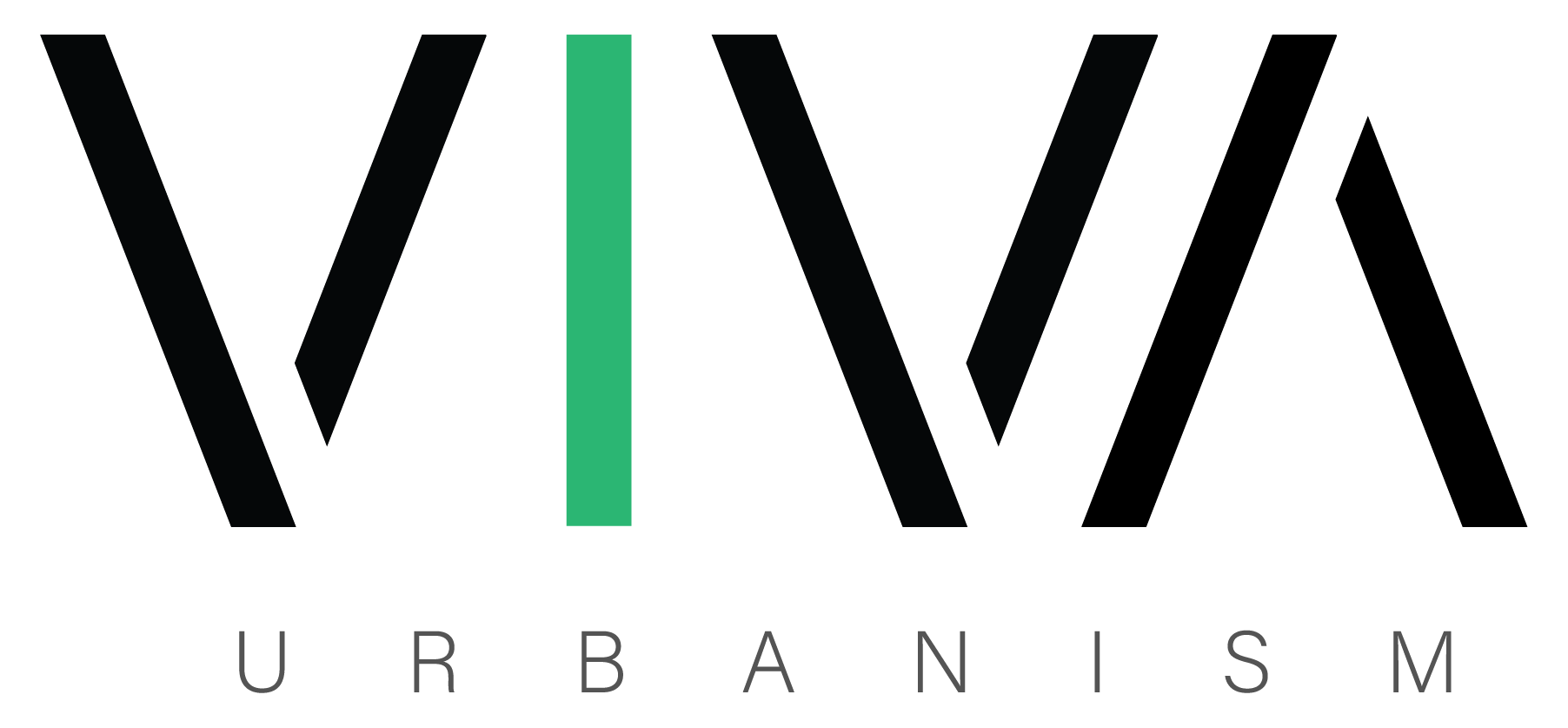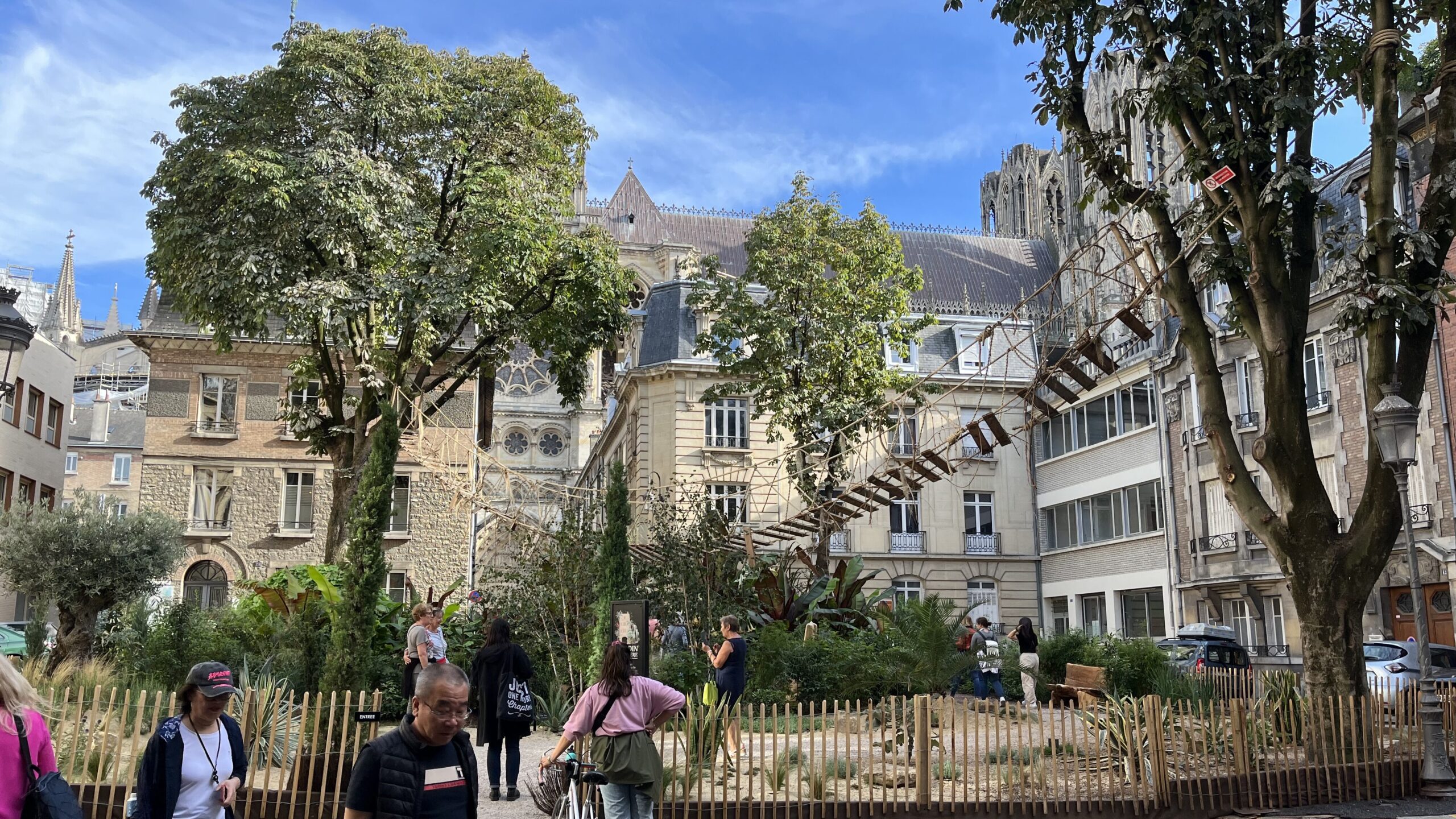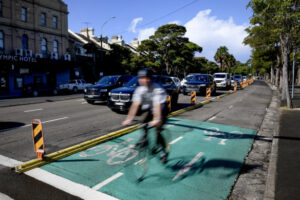We advocate for spaces that prioritise
people’s health and wellbeing.
Our cities are experiencing unprecedented challenges: traffic congestion, pollution, climate change, high costs of living, chronic diseases and housing. These can be addressed through changes to our behaviour and urban environments. VIVA works to inspire people to think differently about our streets, public spaces and neighbourhoods.
Services
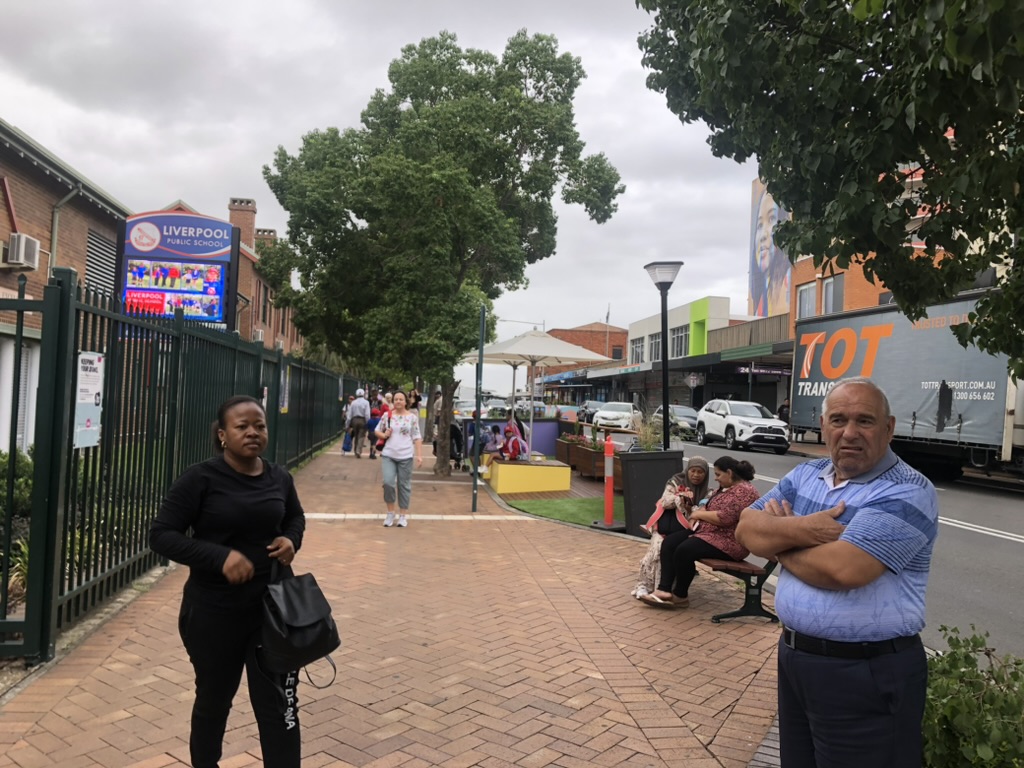
INSPIRE CHANGE
OUR PROBLEM:
Change in our cities is slow as a result of car oriented planning, resistance to increased density, and interests that prioritise profit over public benefits. Fragmented governance and cultural acceptance of suburban living make it difficult to shift towards more sustainable, inclusive and affordable neighbourhoods. As such, our cities struggle with population growth, climate change, mobility and chronic diseases.
VIVA’s SOLUTION:
VIVA works to reform planning systems to prioritise walking and cycling, encourage transit oriented development and improve housing. We inspire governments to play a stronger role to invest in better public spaces and to provide more attractive housing choices. We aim to shift cultural norms by promoting the benefits compact, walkable, and green neighbourhoods can have in addressing our society’s most challenging issues.
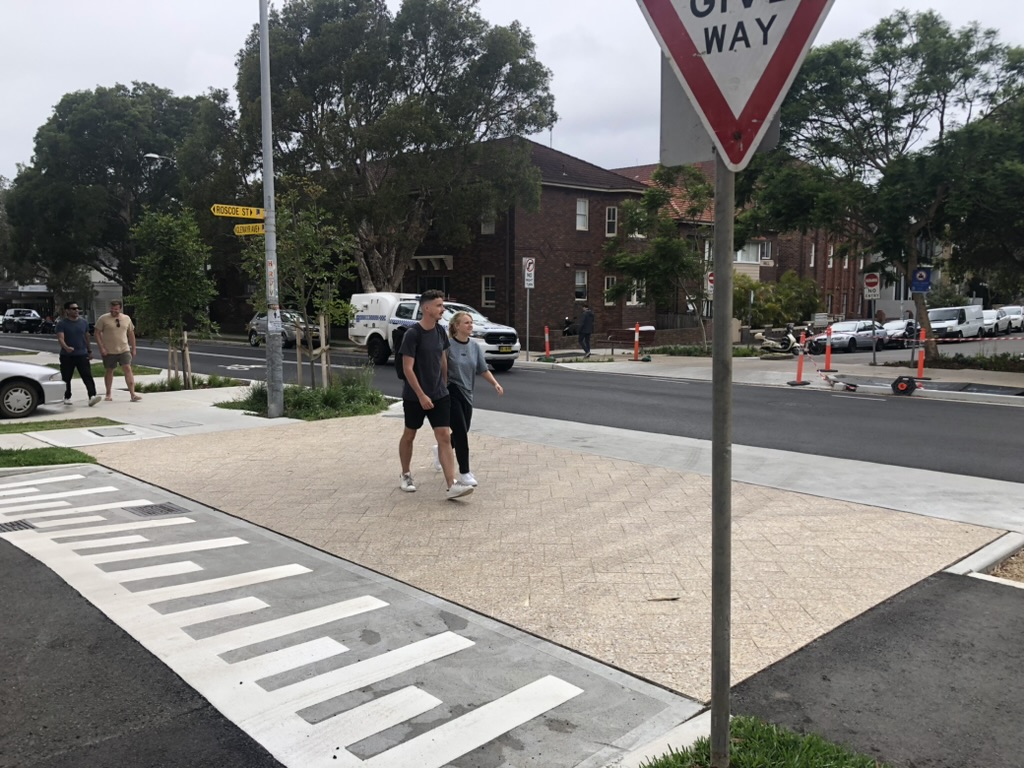
PEOPLE FOCUSED DESIGN
OUR PROBLEM:
Design of our cities is focused around the car, neglects health and wellbeing and limited by fragmented governance. Cultural acceptance of suburban lifestyles and private space further reduces support for walkable, compact and quality public spaces. As a result, our cities and neighbourhoods are designed for the needs of cars and commercial consumption rather than around the basic needs of people.
VIVA’s SOLUTION:
VIVA aims to change planning priorities towards neighbourhoods where people can walk, cycle and use public transport, through reducing car dependency. We inspire better government leadership and collaboration across all levels that encourages people centred outcomes, supported by policies that deliver quality public spaces across projects. We promote change through education and showcasing the benefits of vibrant, shared and sustainable environments that builds public support for design that places people first.
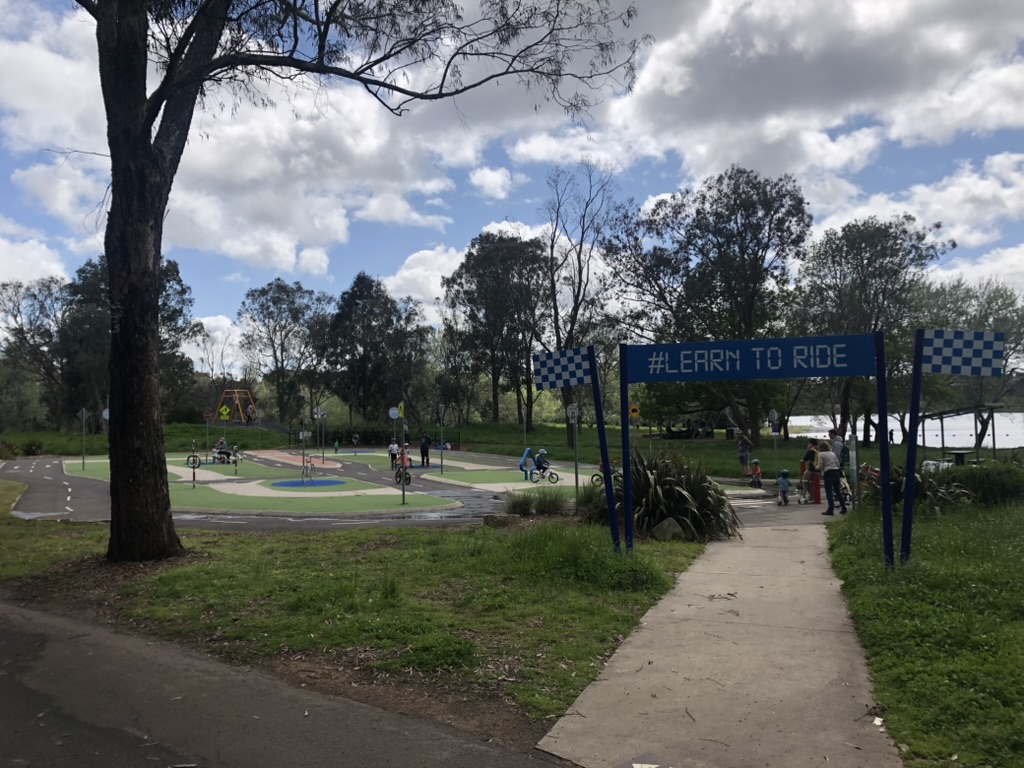
HEALTHY PUBLIC SPACES
OUR PROBLEM:
Public space faces challenges in terms of use and equal access with many areas perceived as unsafe, dull and soulless making them unattractive environments for people. Green, and vibrant spaces are limited, often failing to reflect the history and local identity of the area, while also inaccessible for many people. Urban sprawl, climate change and car dependency threaten and restrain the potential of public space in addressing our society’s most pressing issues.
VIVA’s SOLUTION:
VIVA aims to identify, recreate and protect public, accessible and green spaces that support various uses for people. This means advocating and designing inclusive spaces that reflect local and historical identities and ensuring accessibility for people of all ages and abilities. We work to better design public spaces to shift away from car dependency and towards environments where people can have happier and healthier lives.
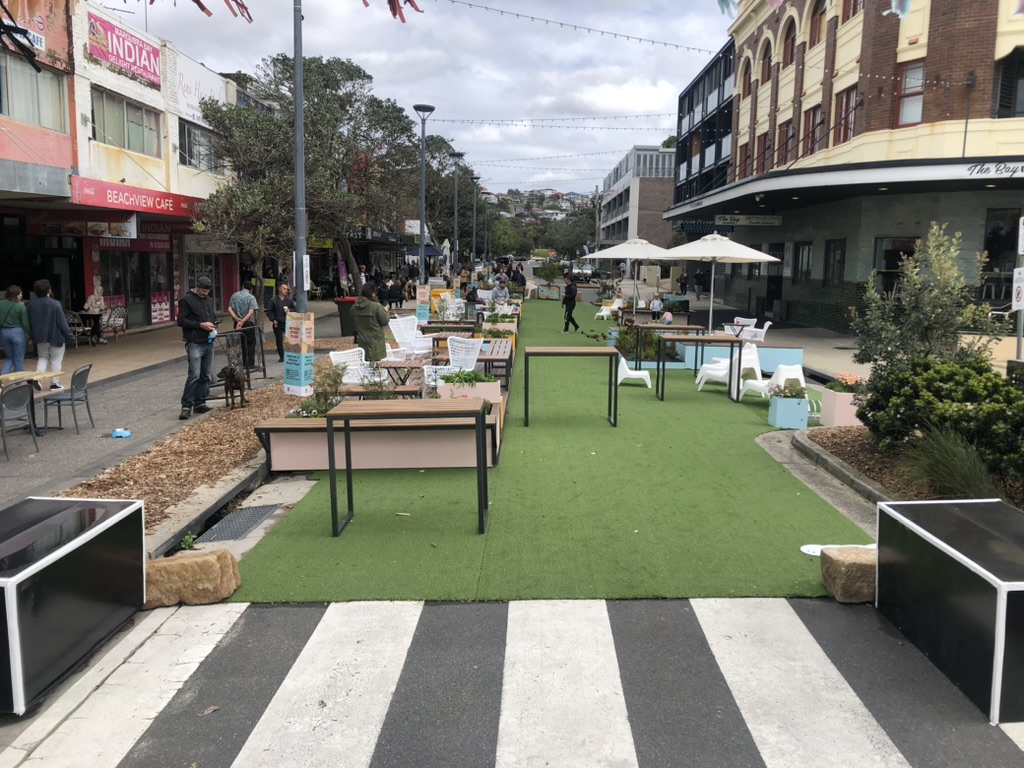
TACTICAL URBANISM &
PLACEMAKING
OUR PROBLEM:
Placemaking and tactical urbanism are perceived as temporary installations that don’t integrate into long term planning and design. Many temporary projects such as pop up bike lanes or parklets receive fierce resistance from the community due to poor communication and lack of understanding. This generally leads to their removal before actual benefits are understood. These initiatives are generally top-down or commercially driven without genuine input from communities.
VIVA’s SOLUTION:
VIVA addresses the challenges of placemaking and tactical urbanism to interpret and align these initiatives into long term strategies. This means ensuring they are used as testing grounds to inform permanent design. We understand the importance in communicating the value and benefits of these projects to the community, making them more accepted. By aligning placemaking with community needs, cities and neighbourhoods can turn small scale interventions into lasting improvements creating safer and healthier communities.
